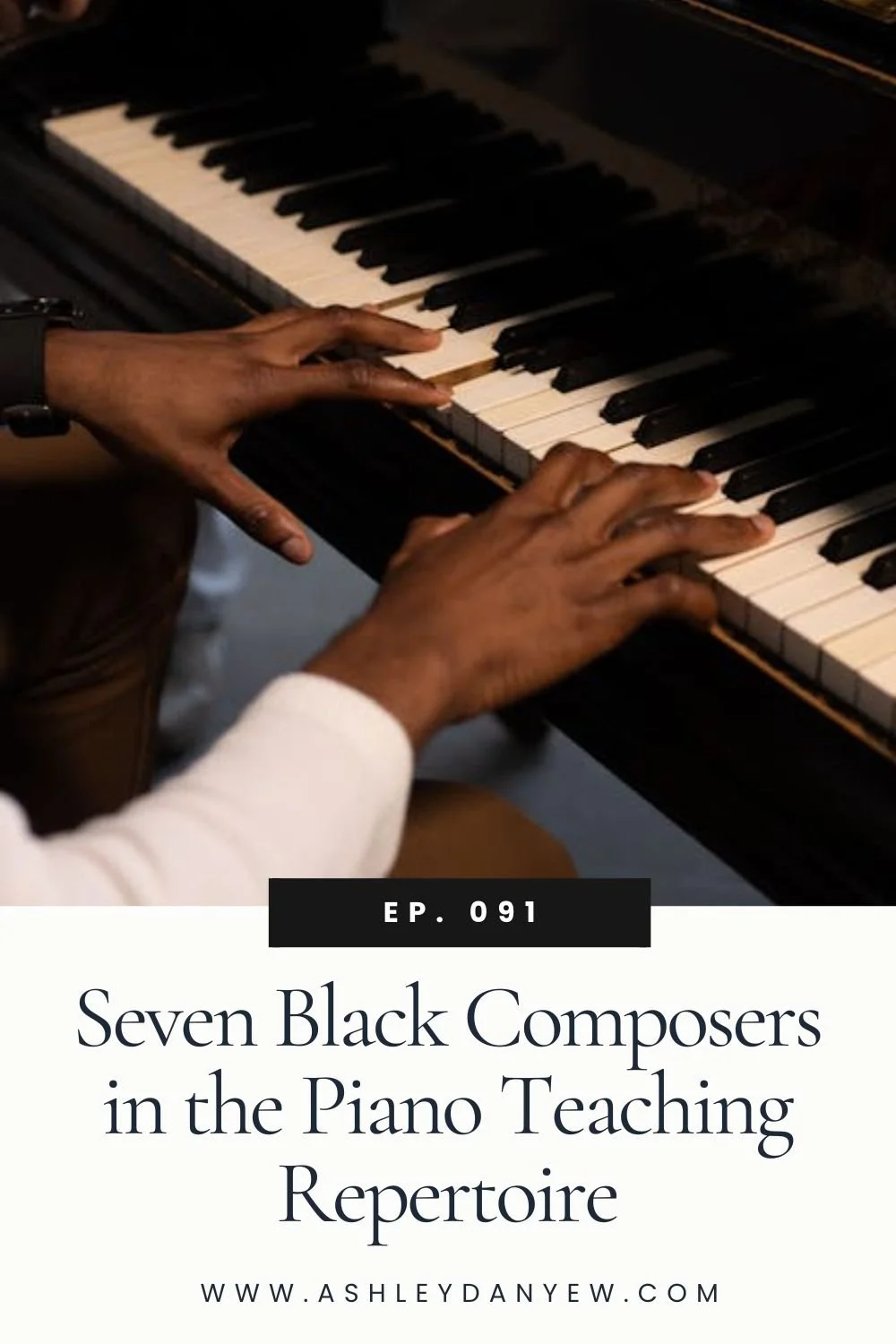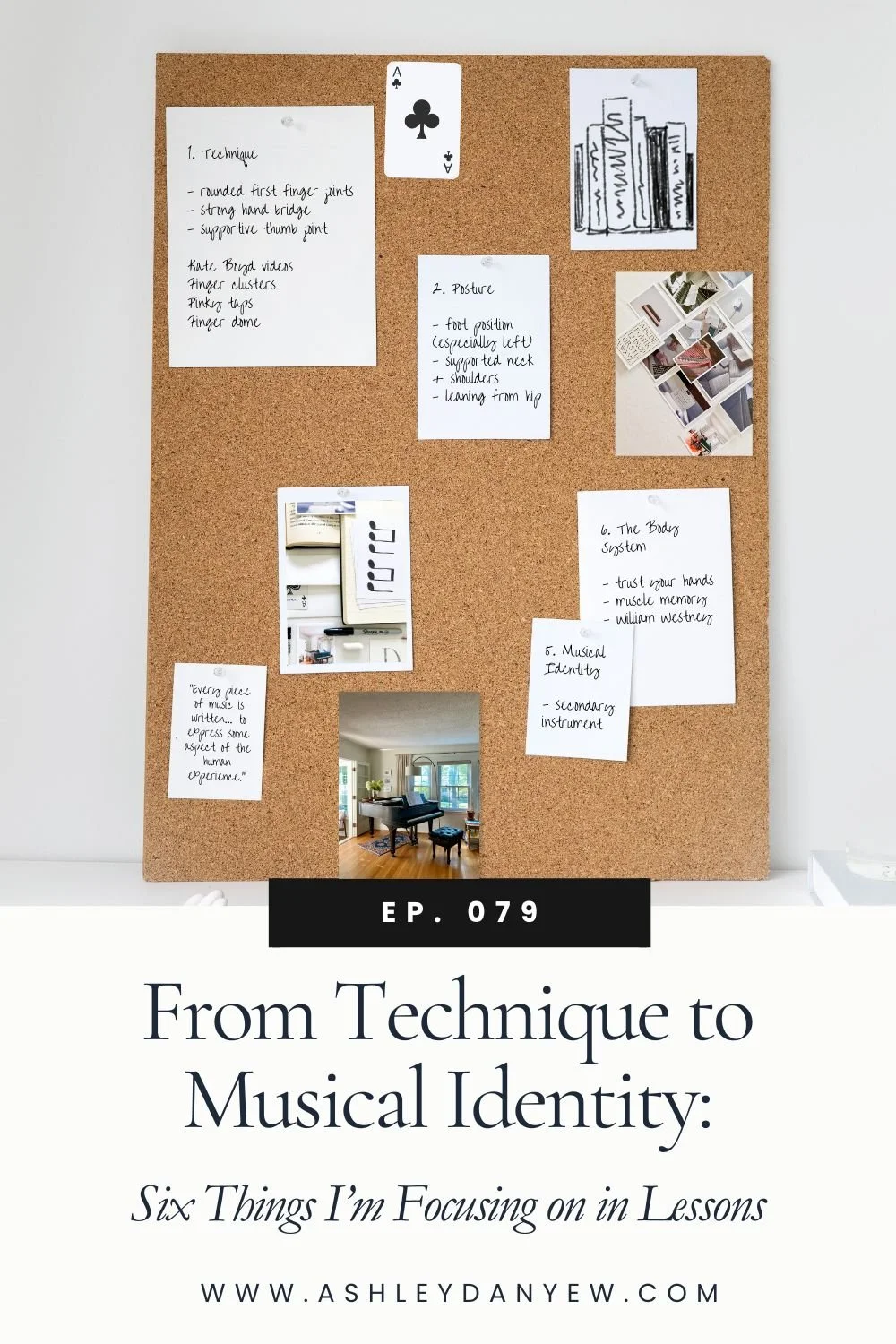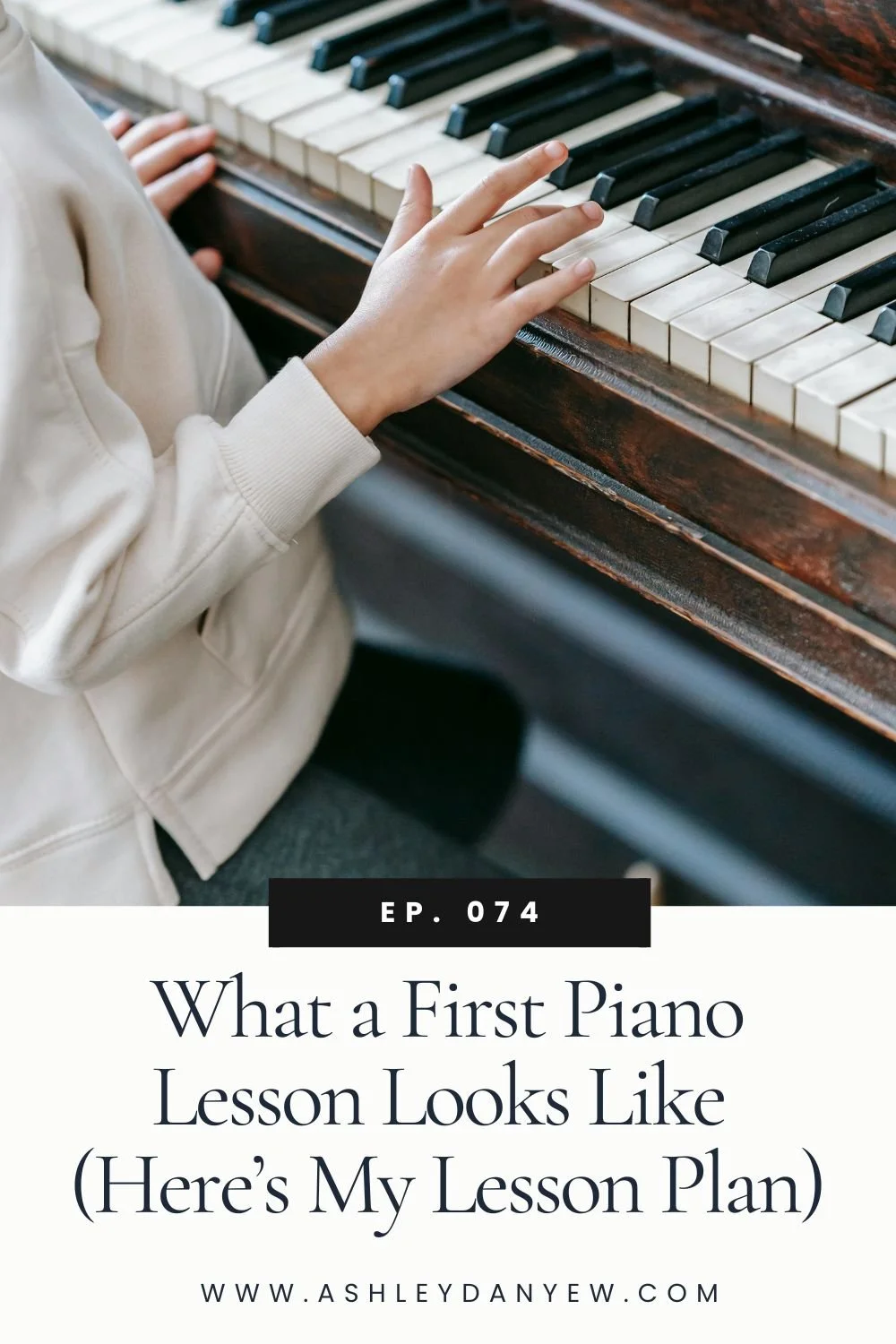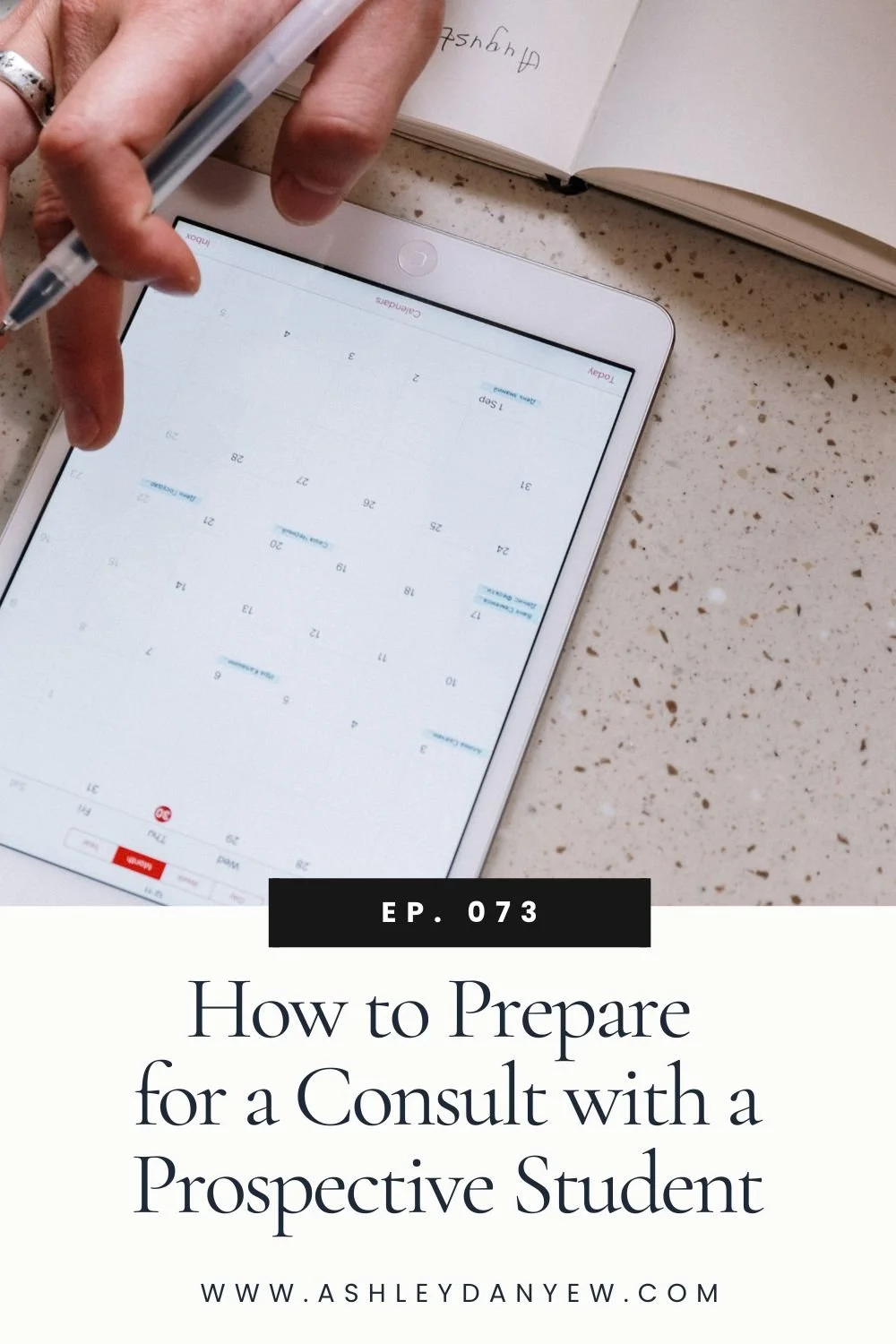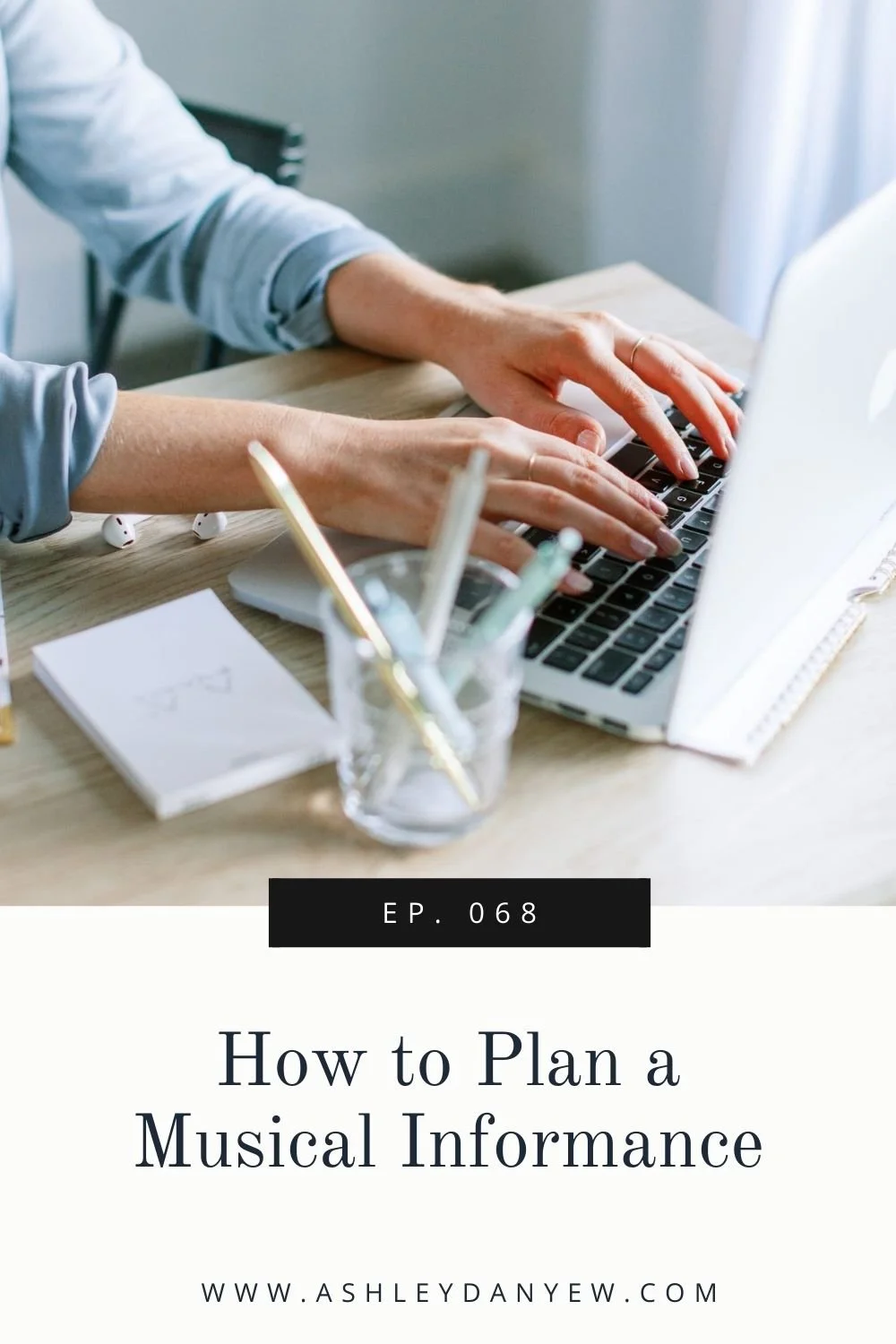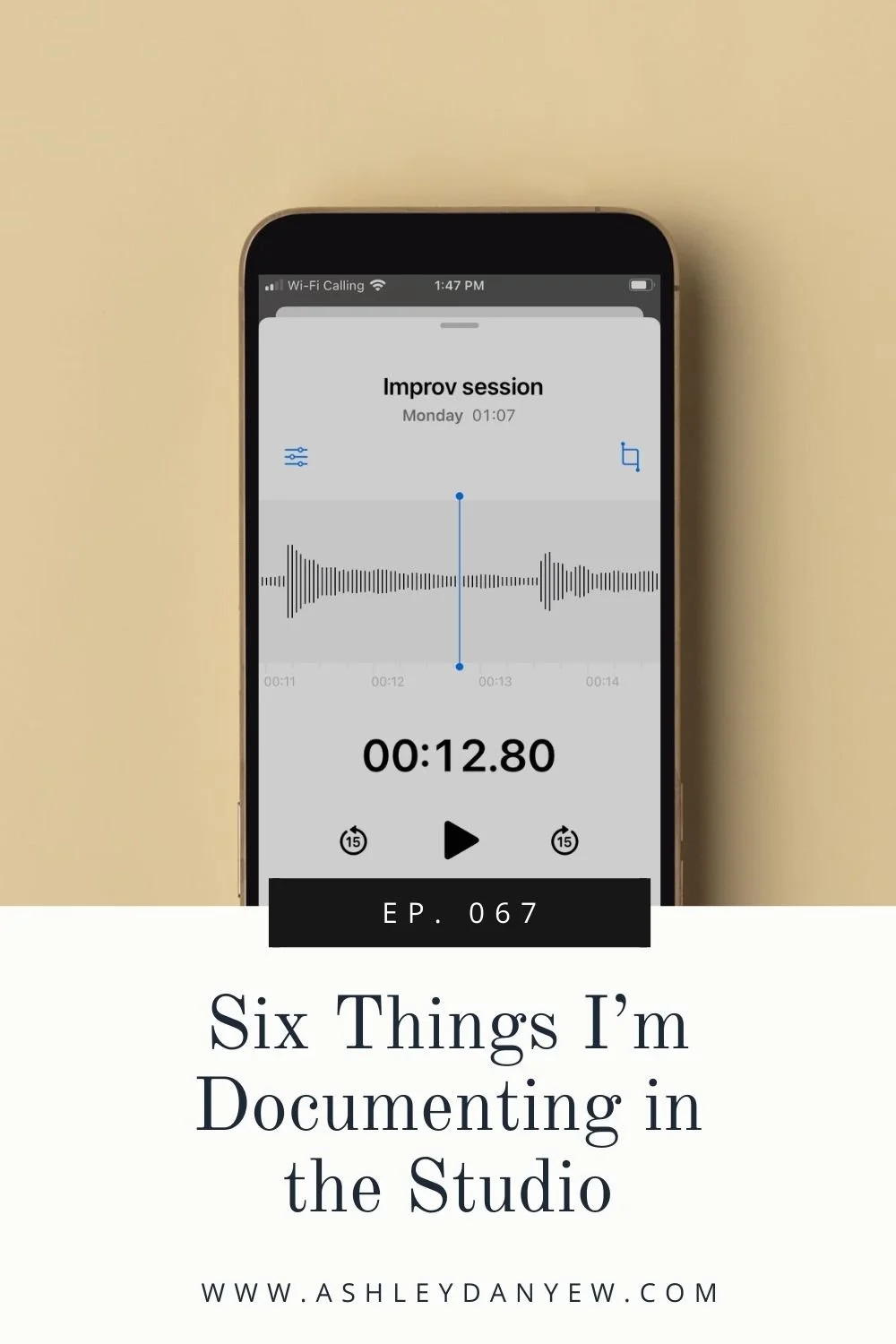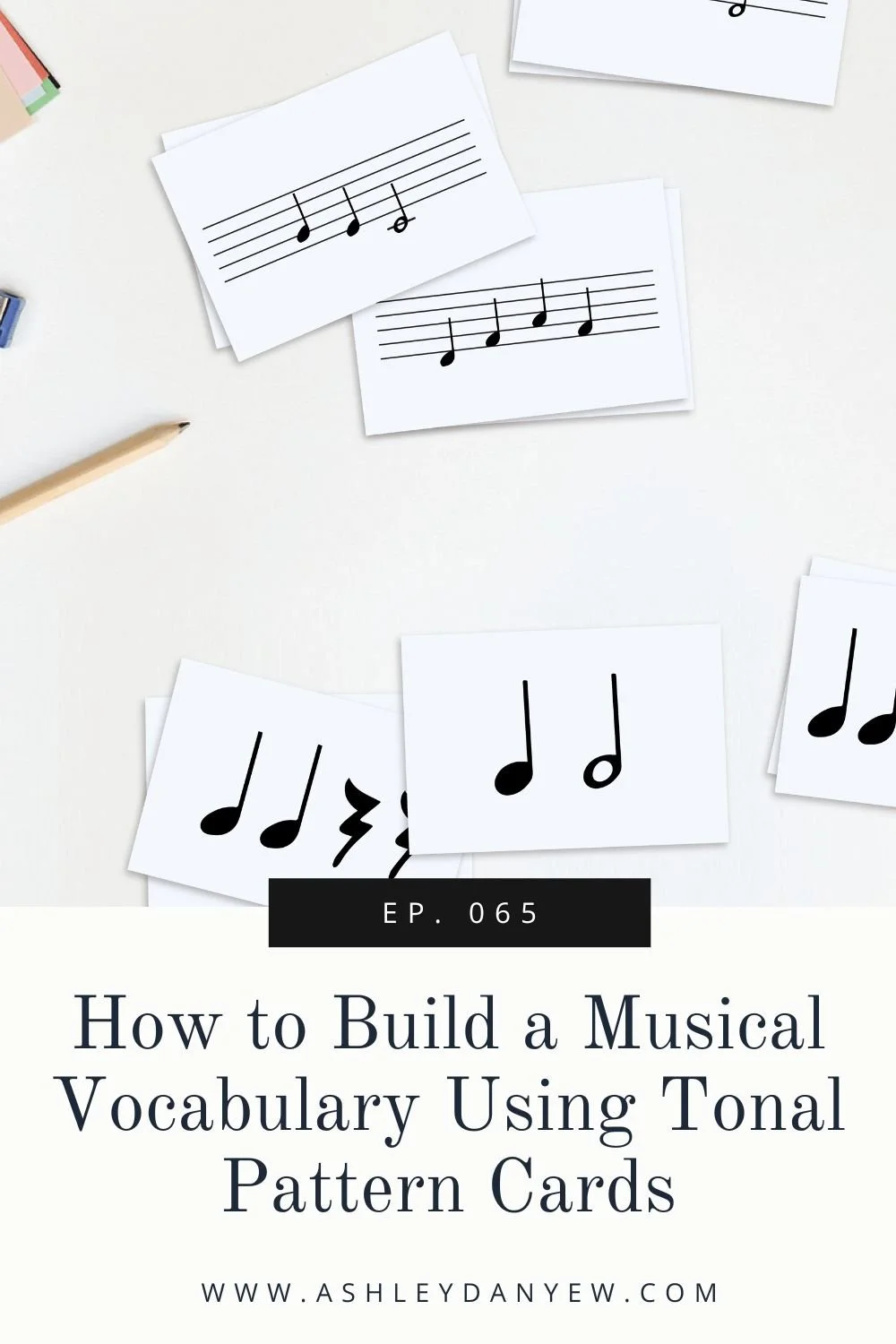Welcome to another episode of the Field Notes on Music Teaching & Learning podcast. Today’s episode is part 3 of a series I’ve been working on this spring all about how to plan and organize a musical informance.
If you’re new here, welcome. I’ll share links to the other episodes in this series in the show notes so you can go back and listen to those.
I first mentioned the idea of a musical informance in Ep. 068. An informance is basically an informal performance or an informational performance where you share insight into the music and the learning process with the audience. In Ep. 068, I shared a few examples of musicians who exemplified this model of education and engagement in the past, talked about what separates an informance from a performance and how you could structure this in your studio, and shared how my students and I were preparing for this event.
In Ep. 069, I talked more specifically about the theme of our informances this spring—music to celebrate the Total Solar Eclipse happening here in Rochester. I shared my repertoire list, the questions I asked my students as they prepared, how I built in opportunities for student creativity and input, and how I organized the event with parents and families.
Today, I’m sharing how it all went including three things I learned, what went well, and what I would do differently next time.
3 Things I Learned
No. 1 - The theme made it fun.
Our annual recital doesn’t have a theme; rather, it’s a summation of the whole school year and a reflection of what students have learned and how they’ve grown. We always have a variety of music represented, but there’s no common thread.
In contrast, our informances this spring were focused on our celebration of the Total Solar Eclipse, as I mentioned in Ep. 069. This meant that all the pieces had a common theme—space, stars, the sun or moon, planets, dark and light, etc.
This made for a really fun and accessible event and it was great to see and hear all the different musical perspectives on outer space.
No. 2 - An interview format worked really well.
The informance was the first time I’ve asked my students to talk about their piece or share about their learning process outside of studio class (which is a small group of peers). Some were understandably intimidated about talking to a room full of adults. I spent some time thinking about how to differentiate this event from our end-of-year recital and I liked the idea of having a short “presentation” before each piece—an opportunity to talk about the composer, the style of the music, the form or key features, and have the student share insight into the learning process.
During our initial lessons, I jotted down a few notes for each student based on conversations we were having—“What technique is used here? How can you practice that?” Or “What do you think the dynamics communicate about what the composer was thinking?” Or “What’s your favorite musical moment and why?”
As we got closer to the informance, I asked students some of these questions as if I were interviewing them and we practiced talking about the piece, their interpretation and musical decisions, and what it took to learn and put together.
We carried this model into the informance, which I think made the students feel more at ease and comfortable, first, because I was standing up front with them, and second, because we had practiced having this conversation a few times.
No. 3 - Families loved hearing what their children are learning.
I heard from several families afterward how much they enjoyed hearing their children share what they’re learning and thinking about and what they understand about the music they’re playing.
I know parents are used to hearing their children practice at home, so they may be acquainted with the piece they shared in the informance, but not necessarily the music learning and understanding that’s behind it. It was great to be able to share this with parents and families and invite them into this part of the process.
What Went Well
Okay, so a few things that went really well with our studio informances:
Small
It worked well to have two different informances so there were only 15-20 people in attendance. This also meant having only 6-7 performers on each program, which kept things short.
The first informance had two duets, which cut down on performance and presentation time so it ended up being 30 minutes, which was great. The second informance had a few longer pieces on the program, so it ended up being 45 minutes.
Intimate
We held the informances in one of the music classrooms at the school where I teach and I loved how intimate it felt.
Improv
I asked two students to do an improvisation demonstration (one on each informance program)—something related to their piece. A 5th grader improvised in the same key and meter as her piece, “A Morning Sunbeam” by Florence Price with me improvising an accompaniment, and a 9th grader improvised on two 3-note motives in his piece, “When the Planets Are Aligned” by Nancy Telfer.
What I Would Do Differently Next Time
This was my first time ever doing informances with my students, so naturally, there were a few things I would do differently next time.
Simplify
I realized I offered too many dates initially when I sent out a Doodle poll to parents and families. It was difficult to get everyone to respond and then narrow it down to two dates that would work for two groups of students. Next time, I will limit the date options.
Segment
The first informance ended up having students that were all closer in age, 2nd grade to 5th grade. I think this helped with engagement and a community feel because the students knew each other better and were all at a similar level.
The second informance had a wider age range: 2nd grade to 12th grade. It felt a little more disparate and as a result, a little more formal. I think next time I will try to have one informance for elementary-age students and one for middle and high school students.
Engagement
Since there were two duets on the first informance program, we had time to do a rhythm activity—teaching the audience three patterns, making a series, speaking the rhythms together, and having a parent come up and rearrange the patterns to make something new. This was a fun way to show parents and families what we do in lessons and get them involved musically.
The second informance program had more pieces, so we didn’t have time for a group activity and I think that would have helped it feel a little more casual.
New Resource: A Musical Informance Planning Guide for Studio Teachers
In sum, I loved hosting these informances for my studio this year and will absolutely plan to do this on an annual basis going forward. It was a great experience for students of all ages to share about their learning process and present a piece in an informal, supportive environment and parents and families loved the opportunity to hear from the students directly and be included in the learning process.
If you’re thinking about hosting an informance in your studio, I put together an in-depth PDF resource guide with all this information and more—it started out as a few planning worksheets and turned into a comprehensive, 35-page document.
I decided to include my list of eight theme ideas with leveled repertoire lists, source links, and ideas for related musical activities that tie in. You’ll also get a 12-week planning timeline + checklist, an activity-planning worksheet and materials/supply list, a sample program, and email swipe copy.
I’d love to hear from you:
Have you hosted a musical informance in your studio? I’d love to hear about it! Send me a DM on Instagram @ashleydanyew.




